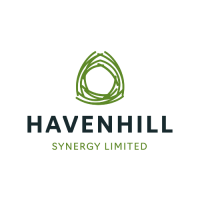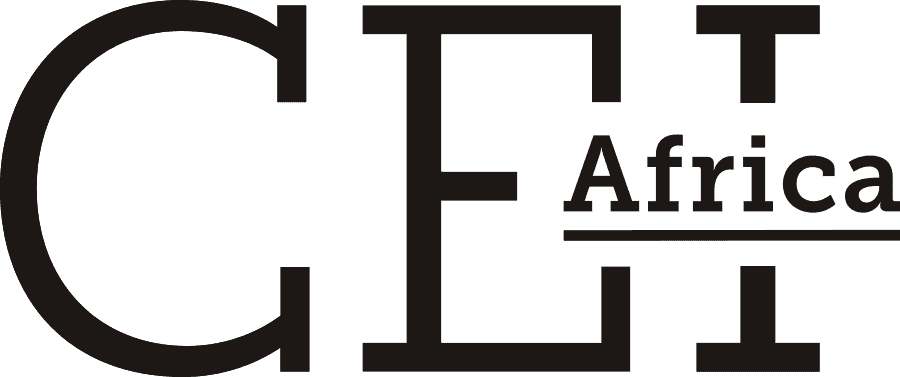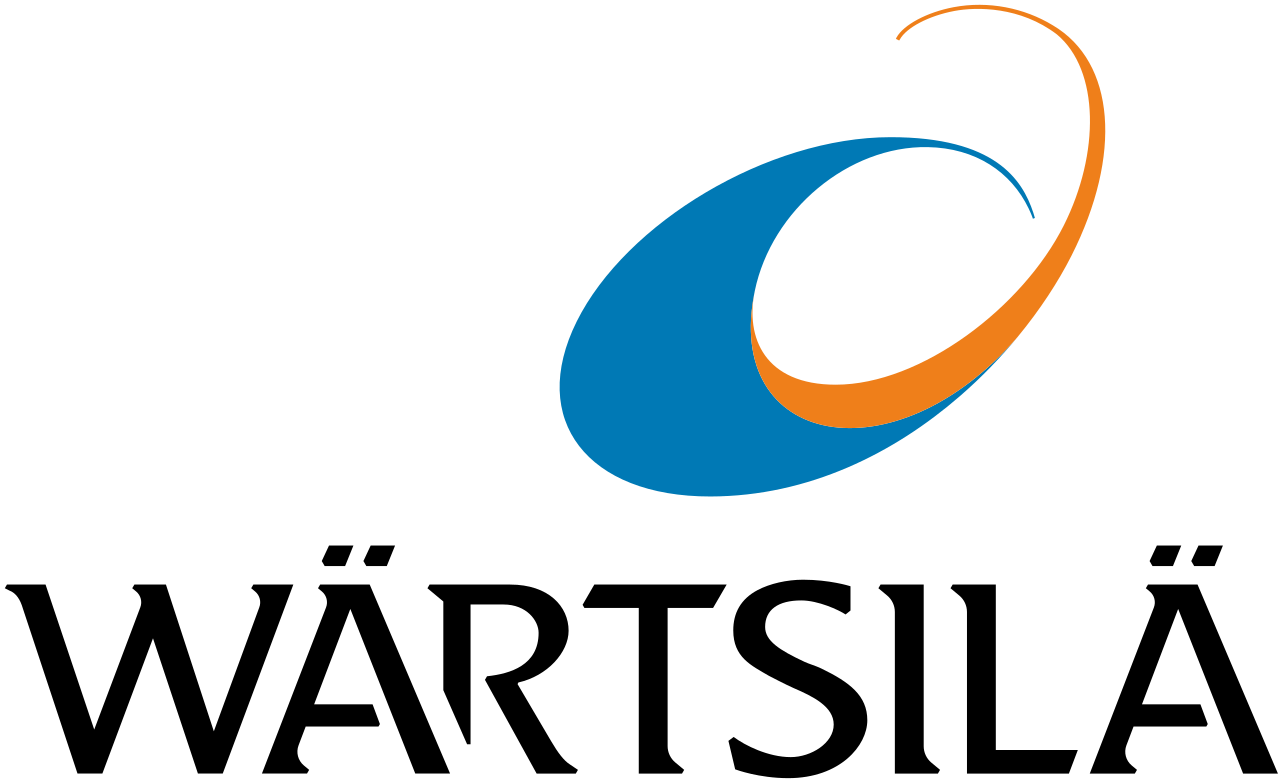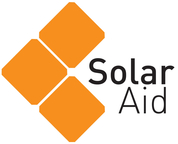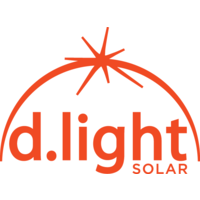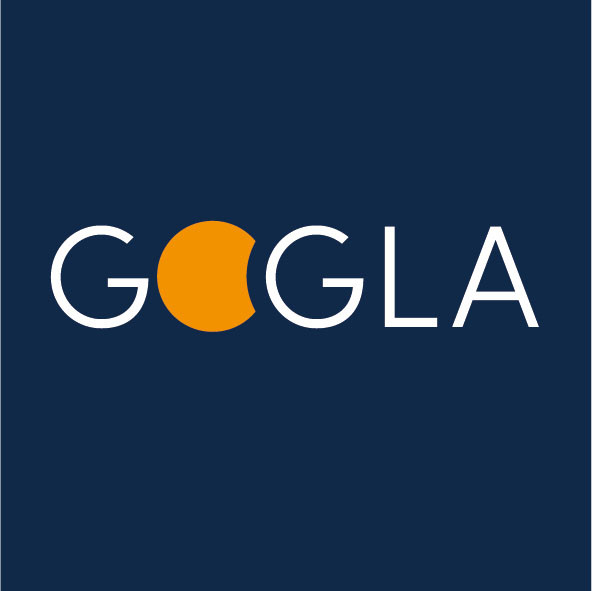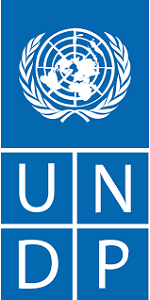13 November 2023: Leading cleantech utility and energy access company, Havenhill Synergy Limited, ‘Havenhill’ announces the successful deployment of a 1MWp Solar PV Plant at Ado Bayero Mall, an ultra-modern shopping mall in Northern Nigeria located in the heart of Kano City.
This ground-breaking project represents the largest solar power purchase agreement signed for a shopping mall in Nigeria. With this installation, the roof-mounted power plant will generate 1.285 GW of clean energy annually. This project is estimated to offset up to 1,797.48 metric tons of CO2 emissions each year, equivalent to the positive environmental impact of planting over 70,000 trees annually. The project also contributes to the fight against climate change, local air pollution and noise pollution.
Speaking about this landmark achievement, Olusegun Odunaiya, the CEO of Havenhill, stated, “We are excited to have deployed the 1MW Solar PV Plant at Ado Bayero Mall, a testament to our unwavering dedication to providing innovative energy solutions in Nigeria. The increasing costs of fossil fuels, including diesel and petrol, underscore the immense potential for the large-scale adoption of solar energy in the country. With co-financing from Sterling Bank Plc, this project highlights the importance of local currency investments for the development of power infrastructure in Nigeria.”
Spanning over 10 hectares, the mall provides a vast 24,000 m² of retail and entertainment space, accommodating both local and international shopping retailers, a modern multi-screen cinema, and a variety of offerings including restaurants and media stores. The solar PV system’s integration powers critical infrastructure within the facility, including chillers, water treatment plants, the administrative building, and the various stores. The mall’s transition to solar power, not only aligns with its commitment to sustainability but also significantly contributes to reducing carbon emissions and minimizing operational costs.
The Board & Management of Beverly Dev. & Realties Limited (Owners of Ado Bayero Mall) said, “We are proud of the milestone inauguration of the 1MW Solar PV Plant at the Mall in collaboration with Havenhill Limited. This marks a significant step in our commitment to sustainable operations and reinforces our dedication to environmental responsibility. We are thrilled to be at the forefront of eco-friendly initiatives within the commercial sector in Kano, demonstrating our dedication to both the community and the environment while reducing operational expenses.
Speaking on the installation, the Group Head, Oil & Gas, Power and Renewable Energy at Sterling Bank, Dele Faseemo, said that this installation further demonstrates the viability of powering commercial properties with renewable energy sources. According to Faseemo, “With rising energy costs, powering commercial properties in a sustainably affordable manner will become the norm in the near future.”
Havenhill Synergy Limited spearheaded the deployment of this project under her Energizing Commerce & Industry business unit through a long-term power purchase agreement. The goals of this project include reducing reliance on fossil fuels, curbing carbon emissions, diversifying the energy mix, cutting operational expenses, and ensuring long-term sustainability.
The successful implementation of the 1MW Solar PV Plant at Ado Bayero Mall underscores the collaborative efforts of Havenhill Synergy Limited, Beverly Development and Realties Limited, and Sterling Bank, showcasing the dedication and commitment of all stakeholders towards environmental responsibility and sustainable energy practices.
###
About HAVENHILL: Havenhill Synergy Limited is a clean-tech utility company that uses solar energy to generate clean, safe, cost-effective and sustainable electricity in rural and urban Nigeria. Havenhill does this through business units namely: Energizing Communities (Rural Electrification), Energizing Healthcare, Energizing Commerce (Commercial & Industrial), Energizing Agriculture and Energizing Education.
In rural areas, Havenhill deploys smart solar mini-grids to commercially viable off-grid rural communities. In urban areas, Havenhill helps businesses (like factories, large farms etc) reduce their energy cost and provide them with more reliable energy access through our Commercial & Industrial (C&I) solar offering. For more information, visit: www.havenhillsynergy.com.





